Do Not Glorify the Glory
A Graphic Netflix Original Creates Waves in Korea
Enter with caution: “The Glory” craze might lead you down a rabbit hole of the severity behind bullying in Korea.
May 3, 2023
DISCLAIMER: Please be aware that “The Glory” is specifically for viewers who are aged 18 or older, as it contains multiple explicit scenes dealing with complex issues such as self-harm, physical and emotional abuse, and assault. All editors on the Jets Flyover Staff specifically advise younger readers to avoid reading this article.
I binge-watched the viral Netflix original, “The Glory”, by Ahn Gilho in just one day. Although this entirely threw me off of my schedule, I don’t regret the impulsive decision – it was that entertaining. The show features Dong-eun, the protagonist, who is a victim of harsh school bullying. However, rather than falling into the pit of self-hatred, she plans a long-awaited revenge on the offenders.
Despite its glaring age restriction rated with a capital “R”, “The Glory” became an instantaneous hit for all ages the minute of its release. One reason for this hit is just how realistic the show is: the outlandish crimes that Dong-eun fights depict the severity of bullying in Korea. The story of burning peers with a hot curling wand in the drama is, in fact, based on a true story that happened in 2006. Bullies seared the victim daily with the excuse of merely “checking the temperature,” and despite these gruesome and all-around gory actions, they did not receive any consequences.
Teachers and parents emphasize the consequences of bullying to kids from a young age, but that doesn’t stop it from happening. Thankfully, the Korean public seems to pay more attention to this issue nowadays. Many K-pop idols and celebrities get suspended from the industry for bullying accusations, but some artists, like Hyun-jin, a member of Stray Kids, continue on with their careers after a mere hiatus. Some infer that Hyun-jin, in fact, might have been the inspiration behind the main bully in “The Glory.” They even have similar names: Hyun-jin and Yeon-jin. Due to this reason, many fans expressed curiosity about what Hyun-jin’s reaction might be.
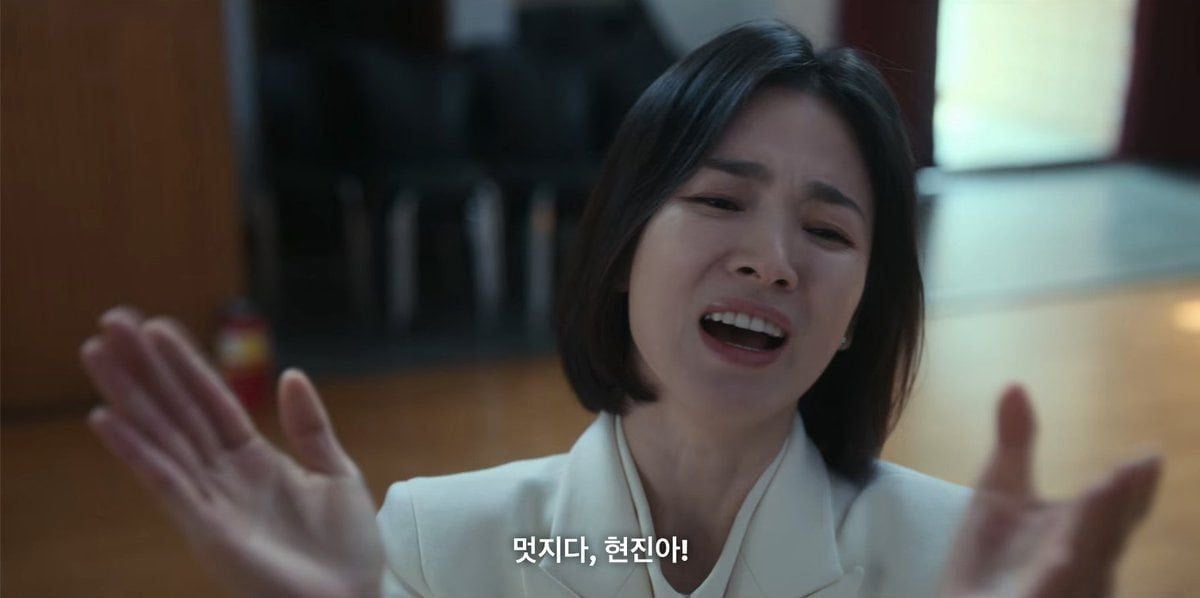
Since the drama is about browbeaters, you might think that many former bullies would refuse to watch the show in the form of denial. However, surprisingly, many of them do watch it – and openly admit it. What’s worse is that they don’t even feel guilt from watching it either. Most of them review the show saying, “The story is not realistic at all. In real life, the main character won’t even be able to come close to the bullies because they are all rich.” In reality, even the director, Ahn Gilho, admitted to his school bullying two days after the release of part two of the show. Numerous fans were shocked by the fact that ex-delinquents like Ahn make a profit based on their own wrongdoings.
Many also critique the show for the unnecessary amount of sexually explicit scenes. Although the show is rated 19+, it included provocative scenes that didn’t add much to the plot, character development, or overall drama. For example, the director added an uncensored nude scene of Cha Joo-Young – the actress for Choi Hye-Jeong – when she has a conflict with Yeon-jin, the main antagonist. Editors later used CGI in order to make Cha’s chest look like the character’s implants.
Viewers expressed concerns for Cha Joo-Young as the scene could damage her reputation for a long time, and criticized the director’s unnecessary choice in transforming Cha into a mere sex symbol – and nothing more. The internet is already covered with people wanting to spread this particular scene for explicit purposes. Cha herself even expressed her discomfort along with the hesitation and surprise she first felt when receiving the script. In one interview, she explains that she freaked out a little when she saw the dress that the director brought in because it was extremely short and revealing compared to the dress she had brought for the same scene.
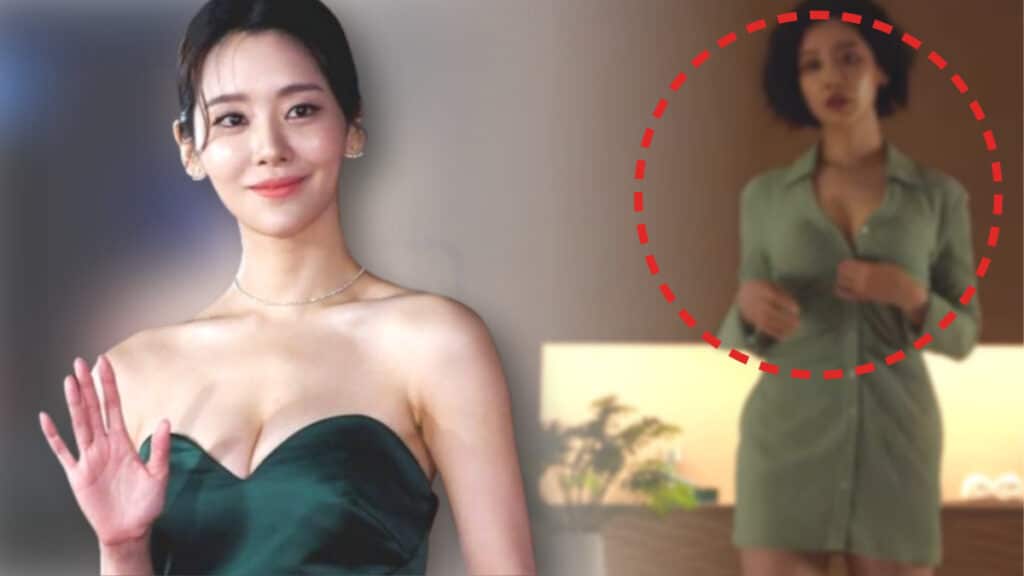
Personally, I also don’t get the addition of romance in the drama. One of my greatest critiques of K-dramas is the enforcement of relationships in all stories – it’s an overdone cliche. And it’s getting too old now. Even the greatest K-dramas always find a way to fit love into the plot without necessity, even if the storyline could have done better without it.
Dong-eun was a unique and strong representative of an independent and concrete woman, but of course, the writers just had to add a male love interest no matter how stable the main protagonist is on her own. This notion that stoic femme fatales need a male counterpart for a romantic aspect is old, overdone, and unnecessary. Others also left a comment agreeing with my thoughts about this cliche, stating, “The only parts I skipped were the parts with [Dong-eun’s] romance.”
Overall, this drama is solely about its ability to intensely immerse you into the tough world of Dong-eun and Yeon-jin. 98% of the scenes (2% being the romance) kept me on the edge of my seat the whole time. Yes, the show is graphic. It’s brutal, harsh, and violent. But if anything, this transparency lends a strong voice to the bullied. Instead of beating around the bush on such a serious topic, Ahn and his writers effectively illustrate the harsh reality beyond the school gates across the peninsula. Most viewers say they couldn’t stop themselves from watching until they finally reached the last episode due to the show’s gripping plot, interesting characters, and top-quality delivery. If you are of age enough to give the show a try, make sure you are ready for what you are committing to.















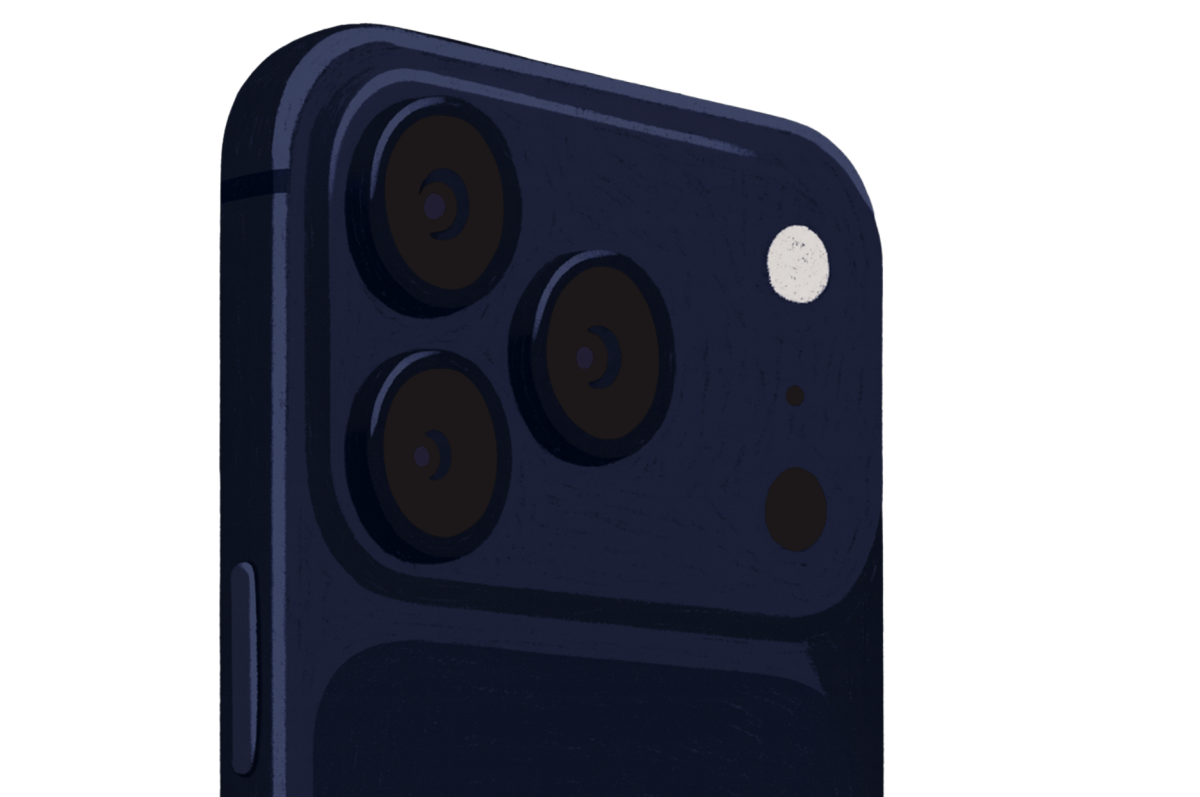
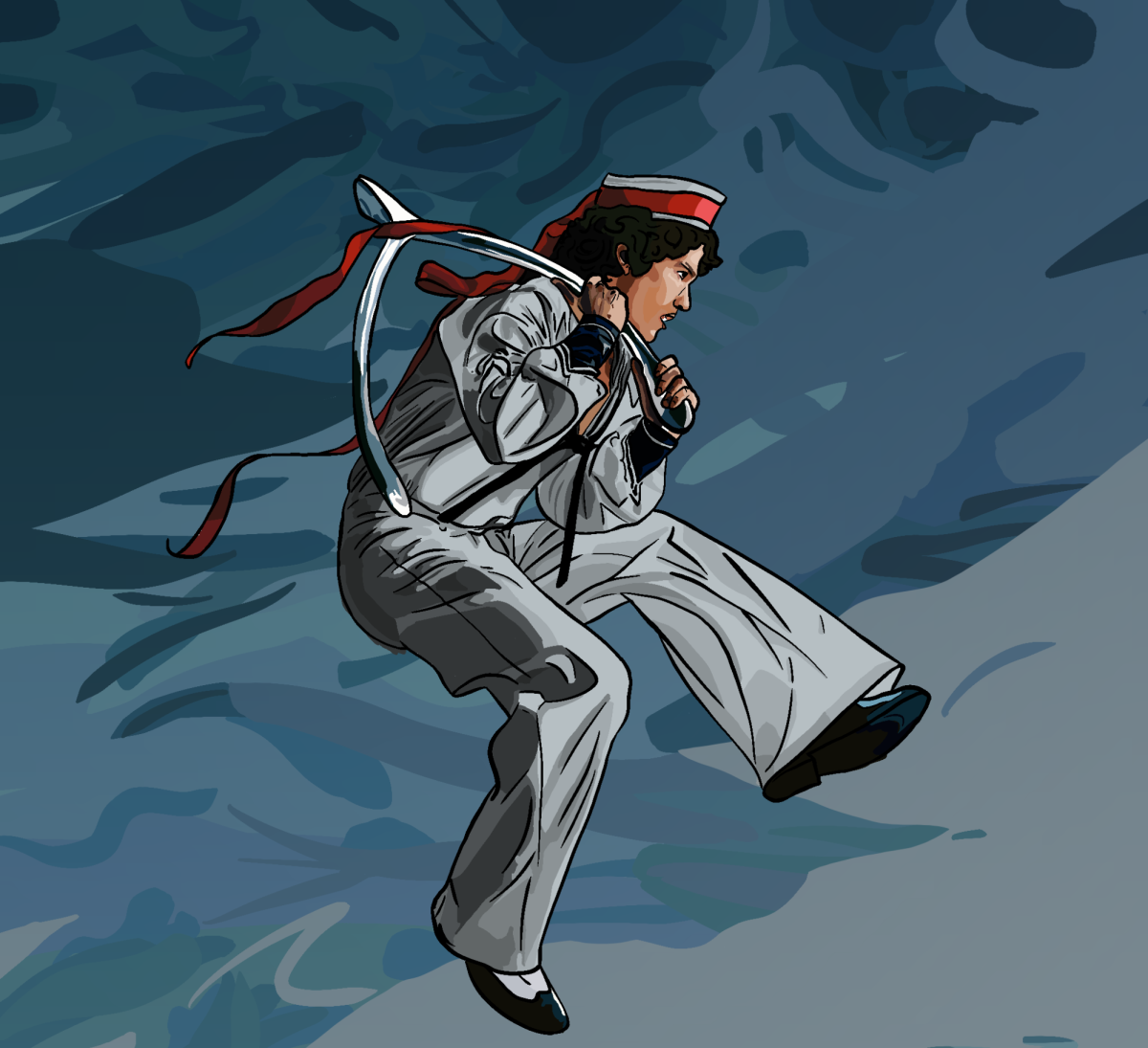

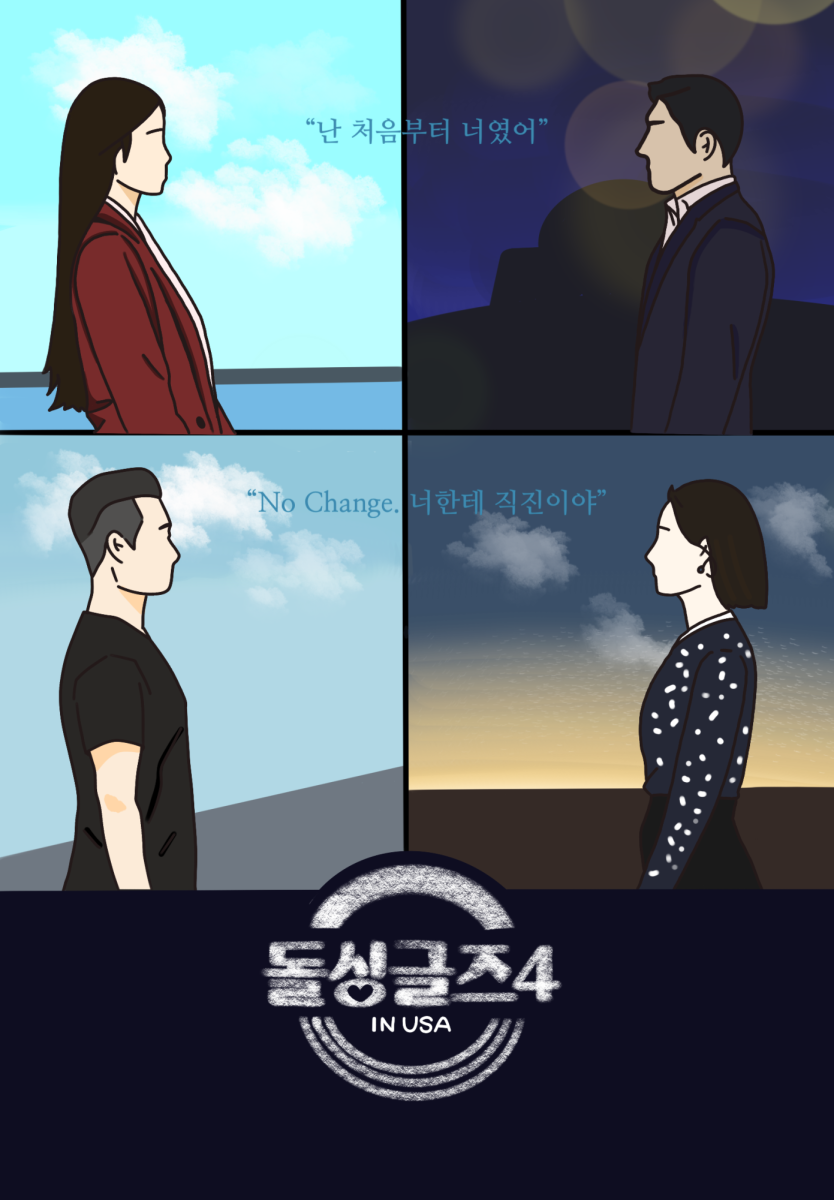


















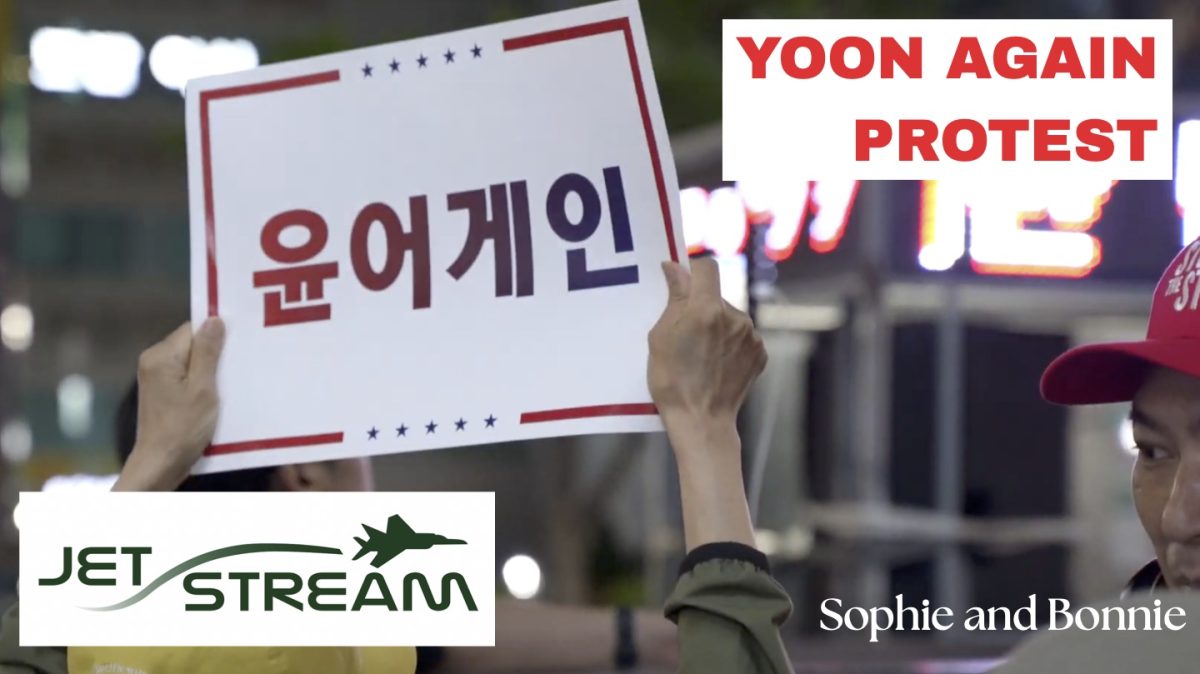










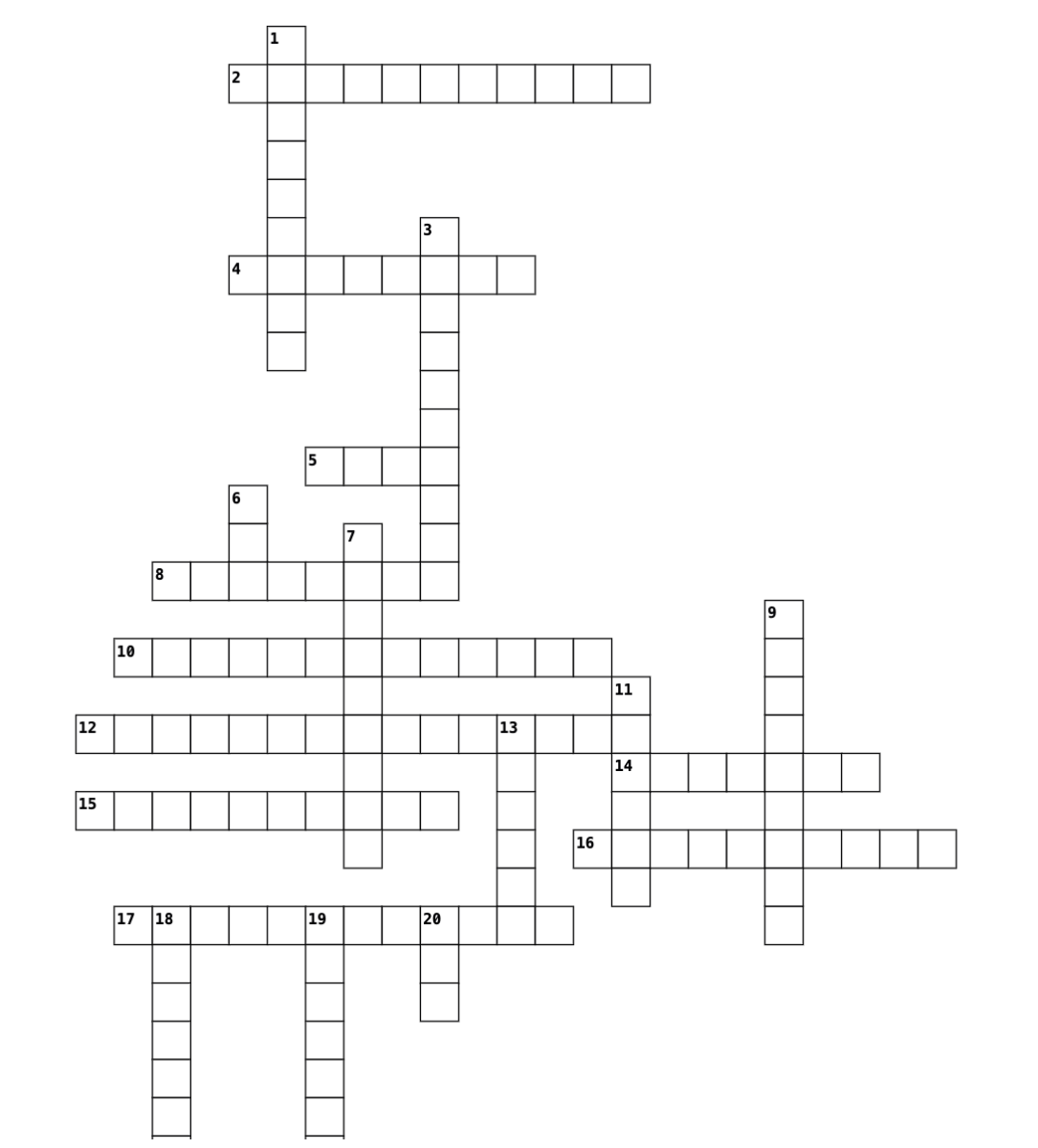
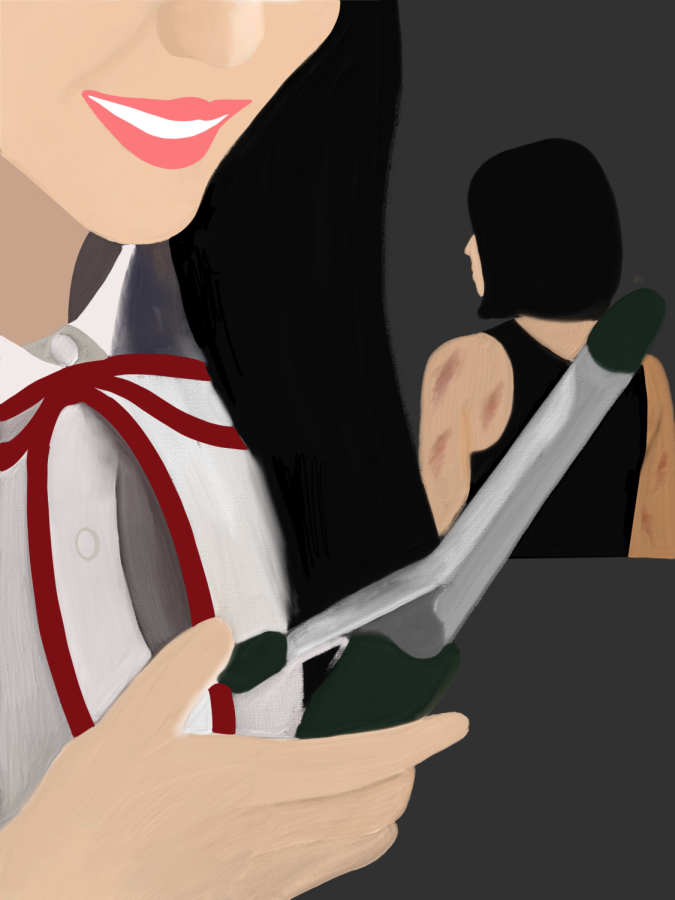
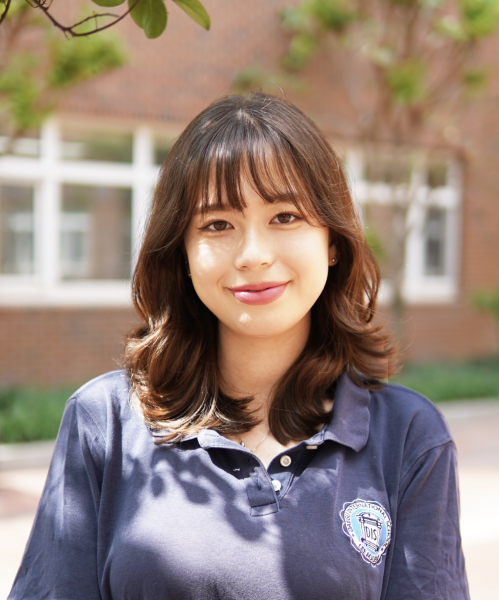
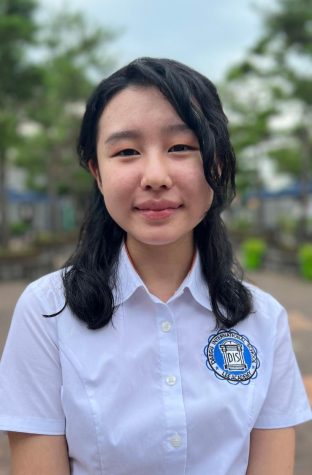
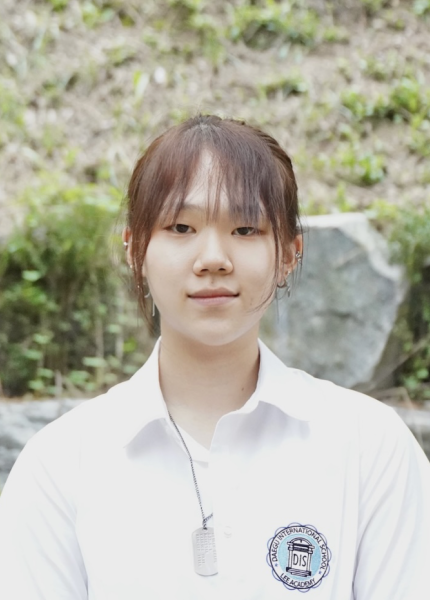
Kevin • May 11, 2023 at 7:29 pm
I agree to the critique of adding romance to K-dramas. Sometimes, the drama is about romance and needs romance, but on other topics, it is simply something to attract attention and is not necessary.